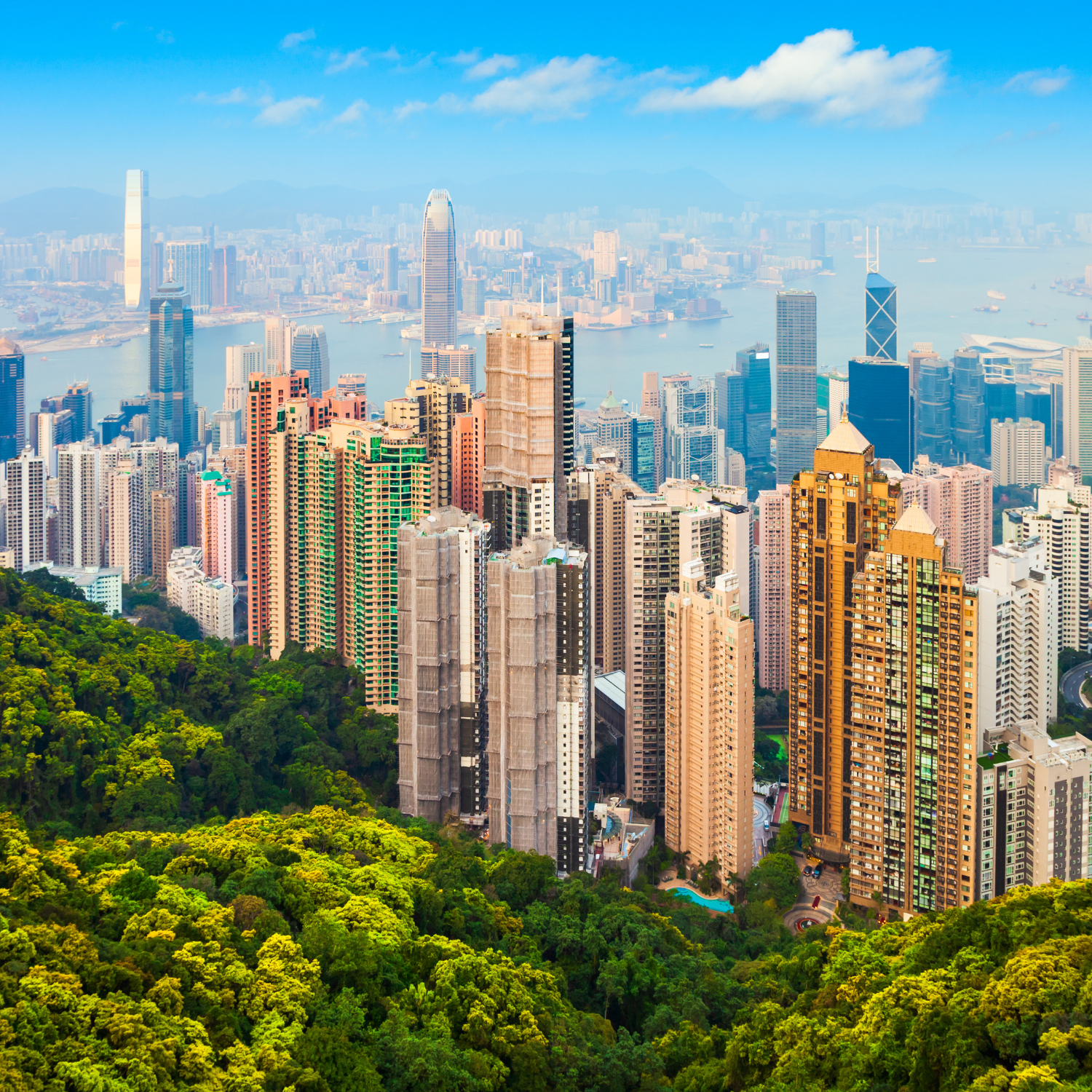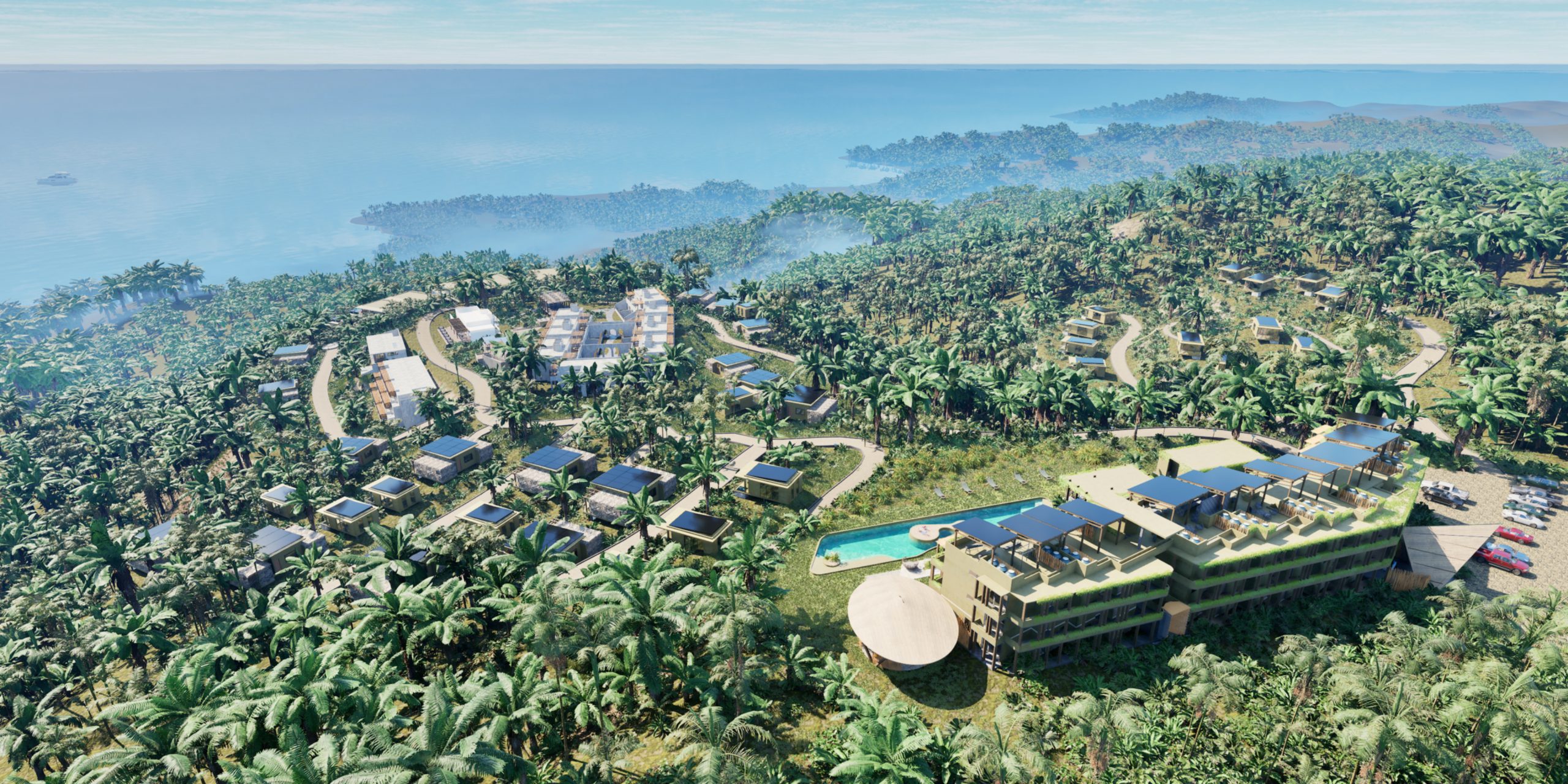Everything you need to know about free private cities
Imagine a world where cities compete for you-not just with more attractive real estate prices, but also with exceptional services, cutting-edge infrastructure, and a level of organization that opens up greater opportunities. Could the concept of free private cities be the revolutionary force that changes the way we live?
In this brave new world, city residents are customers, and government or private companies are service providers. This revolutionary concept has already moved beyond the realm of ideas into tangible projects around the world. Numerous companies are developing their own free private cities, proving that the urban model can still be redefined by injecting a spirit of competition. But how does this work in practice? In this article, we’ll explore what private cities are, their organizational frameworks, and examples of those already in operation.

What is a free private city?
Despite the name, private cities are not exclusive enclaves for the wealthy where “ordinary” people are barred from entering. By definition, they are administrative units with a high degree of autonomy, managed not by local governments on behalf of the state, but by private companies. (It is important to note that autonomy is not absolute; national laws often remain superior in many respects). The core idea behind this concept is to create a competitive market for urban services, where residents can choose from multiple providers rather than relying on a single, government-imposed option. Therefore, the essence of free private cities is not exclusivity or isolation, but rather the development of more efficient urban centers and livable communities by private firms. Their mission is to contribute to the overall improvement of societal well-being, not to serve the interests of a select few.
How is it organized?
The guiding principle of free private cities is voluntary participation. Moving to such a city involves signing a contract with the managing company. The contract specifies the price of services, their scope, and guarantees their delivery. These may include essentials such as the protection of life, liberty, and property rights, as well as services like garbage collection, street cleaning, maintenance of road infrastructure, or water and energy distribution. Residents would be charged monthly or annual fees for the delivery of these services. An obvious question arises: can these costs be lower than what we typically pay in taxes? Titus Gebel, the creator of the free private city concept, argues that they can, citing the example of the private city of Próspera in Honduras (pictured below), where residents pay $1,300 annually for similar services if they are foreigners, and only $260 if they are Honduran citizens. Given that this would be a competitive market, we can probably expect the emergence of private cities at different price points, offering different levels of service quality and urban amenities.

Regardless of the cost, a commercial contract for city services offers significant benefits to potential residents. By choosing to join such a community, we know upfront what will be provided, what rules apply, what our rights and responsibilities are, and what is prohibited. Best of all, these terms and conditions cannot change. In a traditional model, the rules often change in the middle of the game-this could be decided by a majority of citizens through various initiatives, a newly elected government, or local authorities. In a private city, we gain the ability to enforce the original contract throughout its duration. For example, garbage collection fees cannot be increased until the contract expires, and if the city management company provides security and we are robbed, we can demand compensation and coverage of the loss.
Special Economic Zones
According to the creators of private cities, they aim to be the most business-friendly places, operating on the principles of Special Economic Zones (SEZs). We have numerous examples of this model, as SEZs have been established worldwide since the 1960s and can be seen as the precursors of private cities. Today, there are more than 5,000 SEZs, varying in sophistication, efficiency, and autonomy. An SEZ is a territory with its own regulations regarding business operations, taxes, exports, imports, labor laws, and sometimes even legal and judicial systems. For instance, the Dubai International Financial Center operates with such a high degree of autonomy. Here are some examples of highly successful SEZs (pictured below):
- Shenzhen, China: One of the world’s most famous SEZs, established in 1980. This zone transformed a small fishing village into a metropolis and one of China’s largest industrial centers. Shenzhen’s GDP has grown from $196 million in 1980 to over $400 billion today.
- Dubai Free Zones, United Arab Emirates: Dubai is home to numerous SEZs offering various incentives and privileges, attracting investment in sectors such as trade, financial services, new technologies and logistics.
- Export Processing Zone (EPZ), Bangladesh: An SEZ in Bangladesh that attracts investment primarily in the textile and garment sector, a key element of the country’s economy. Prior to the establishment of the EPZ, Bangladesh’s economy was heavily dependent on agriculture, with high levels of unemployment and poverty, which have been reduced from 40% in the 1990s to 20% by 2020.



Special Administrative Regions
A private city, however, is much more than a Special Economic Zone, which has certain business-friendly features but does not go beyond the framework established by the state. A more advanced form of organization that can develop independently of the state is the Special Administrative Region (SAR). SARs are special zones with a high degree of autonomy that have their own legal regulations that differ from the rest of the country. These regions are usually established to promote economic, social, and political development and to allow for more flexible management and administration. It is within these zones that free private cities can emerge and flourish. Here are the main characteristics of SARs:
- Autonomy: SARs have their own legal, administrative and often economic systems, which may differ from the rest of the country.
- Laws and regulations: SARs have special laws governing taxes, customs, immigration and financial systems that can attract foreign investment.
- Local Government: These zones often have their own governing bodies that administer the region based on local needs and characteristics.

Hong Kong: A state within a state
One of the most prominent examples of a Special Administrative Region is Hong Kong, whose independence from China is so significant that it is often referred to as a state within a state. After the end of British rule in 1997, Hong Kong gained the status of a Special Administrative Region of China. It has its own legal system (based on British common law), tax system, currency (the Hong Kong dollar), and independent judiciary and administration. Today, it is one of the world’s largest financial centers, with low taxes, a free market, and a strong service sector.
The future of free private cities
If private cities offer so many benefits, why aren’t they more widespread? The biggest challenge lies in the necessity for private companies to negotiate with national governments, which must provide the land to establish the city. As a result, such projects have attracted the most interest in poor or developing countries (though not exclusively), where systems are failing or more innovative solutions are needed. Several fully private cities already exist around the world, such as Prospera in Honduras, Lavasa in India, and The Villages in the United States. There are also many places that, while not officially recognized as classic private cities, operate under similar organizational principles, such as Punta Cana or Irving, Texas. However, the real boom in private cities has begun relatively recently, so many projects are still in the development stage. Several private cities are being built in Africa, Bitcoin City in El Salvador, and the famous futuristic city of Neom in Saudi Arabia. Thanks to our project, the Dominican Republic is also among the pioneers of private cities!
Nomad City by Samana Group
Our overall goal is to create the ideal place for sustainable living and business development. Although we are at the beginning of our journey, we are supported by one of the largest companies creating and investing in the development of private cities, so we look to the future of Nomad City with optimism, without losing sight of the “healthy” foundations of our project that we are already laying. We place great emphasis on the development of the entire region, for example, by stimulating entrepreneurship, seeking the best solutions for sustainable agriculture, and consciously developing safe and durable infrastructure designed for responsible resource management.

Nomad City is being created for those who seek freedom, comfort in living, working and relaxing in the midst of healthy, lush nature. We believe that the free private city model will allow us to realize our vision without compromise.